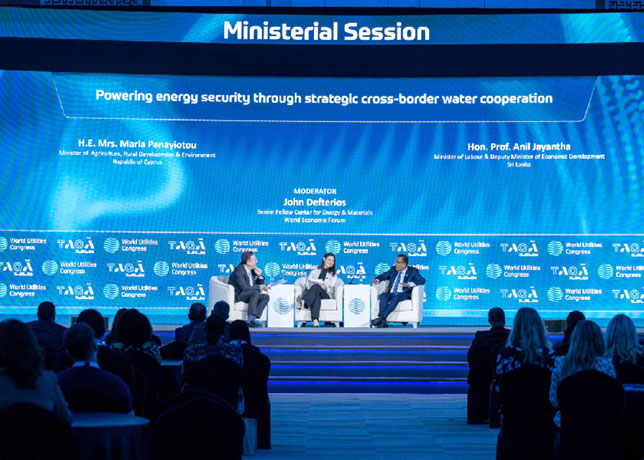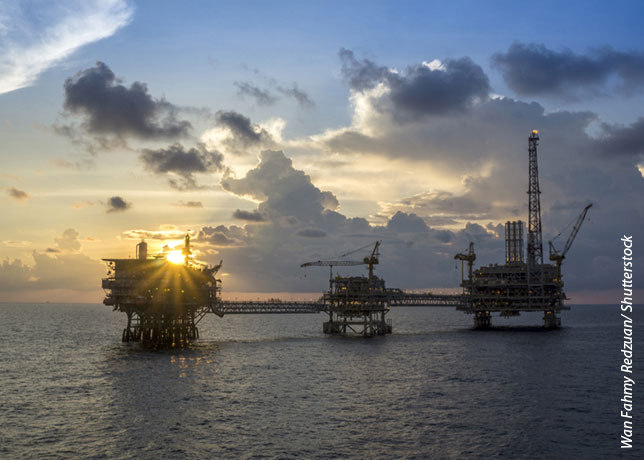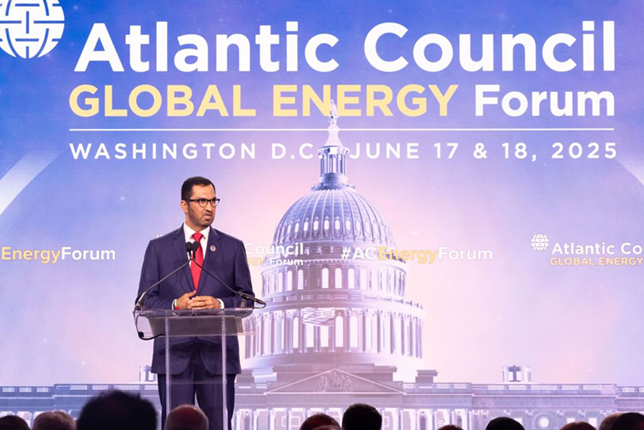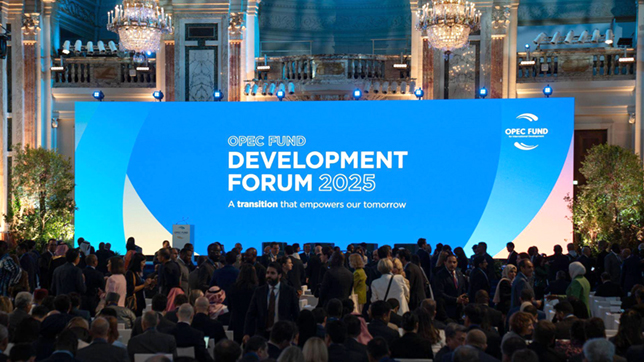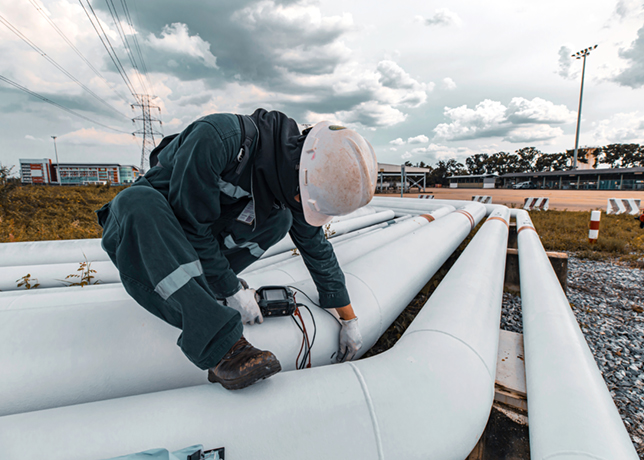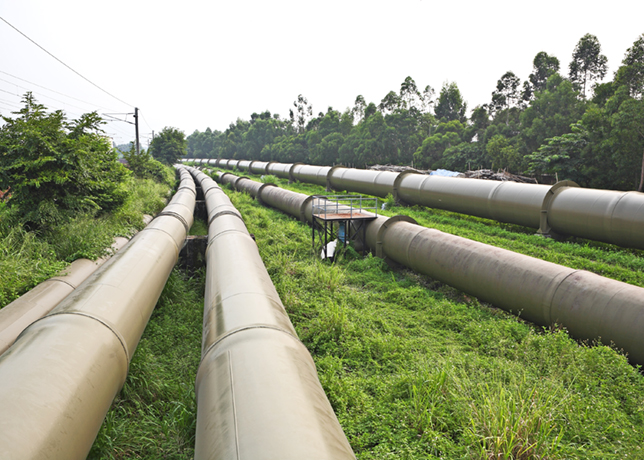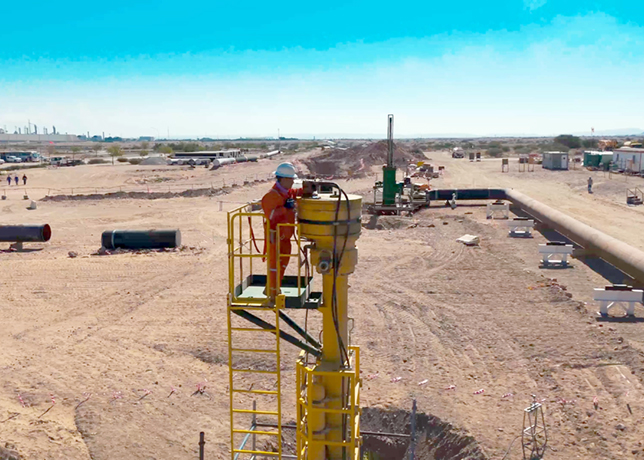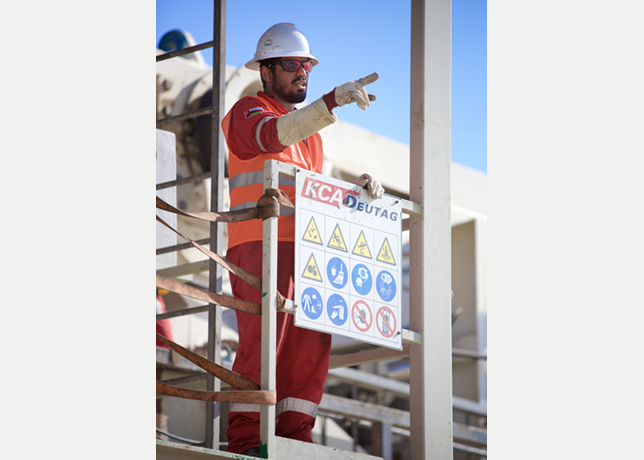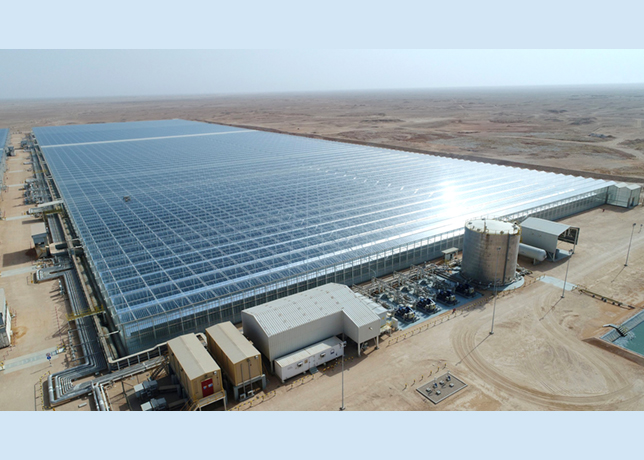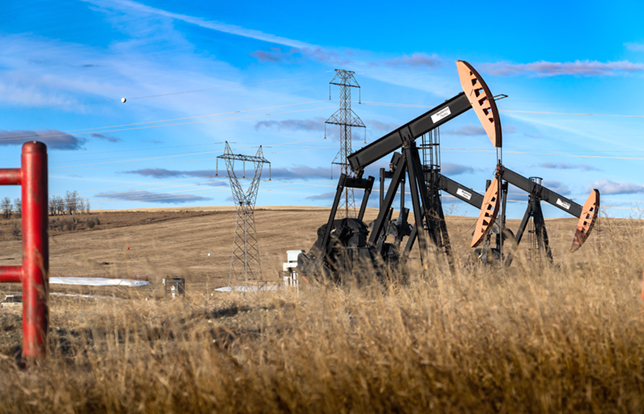
Amin Nasser, President and CEO of Aramco, recently delivered a sobering assessment of the global energy transition, calling for a pragmatic shift away from what he described as an "oversold and under-delivered" narrative.
Speaking via video address at Energy Asia 2025, held last month in Kuala Lumpur, he emphasised that the current transition plan, often touted as rapid and painless, had revealed significant technical, economic, political, and social flaws.
Nasser highlighted that oil demand continued to exceed 100 million barrels per day (bpd), with no signs of collapsing, contrary to early predictions.
He pointed out that reaching net-zero emissions could cost an astronomical $200 trillion, a figure that raised growing public doubts as the reality of renewable energy's readiness to shoulder the entire energy burden becomes apparent.
For Asia, a region accounting for nearly half of global energy demand and the engine of global growth, Nasser stressed the critical need for a tailored, flexible energy strategy that incorporates all sources, including oil and gas, to ensure energy security and affordability alongside sustainability.
His remarks align with earlier statements at CERAWeek 2025 in Houston, where he called for a ‘Transition Plan 2.0’, advocating for a balanced energy model that allows both traditional and renewable sources to grow.
Nasser maintained that new energy sources complemented, rather than replaced, existing ones, and currently could not even meet demand growth.
He reiterated the importance of reducing emissions from all energy sources while expanding new solutions at a realistic pace, stressing that conflicts underscored the vital role of oil and gas in global energy security.
Nasser urged greater collaboration among governments, industry, and innovators to deliver a secure, affordable, and sustainable future grounded in reality.










